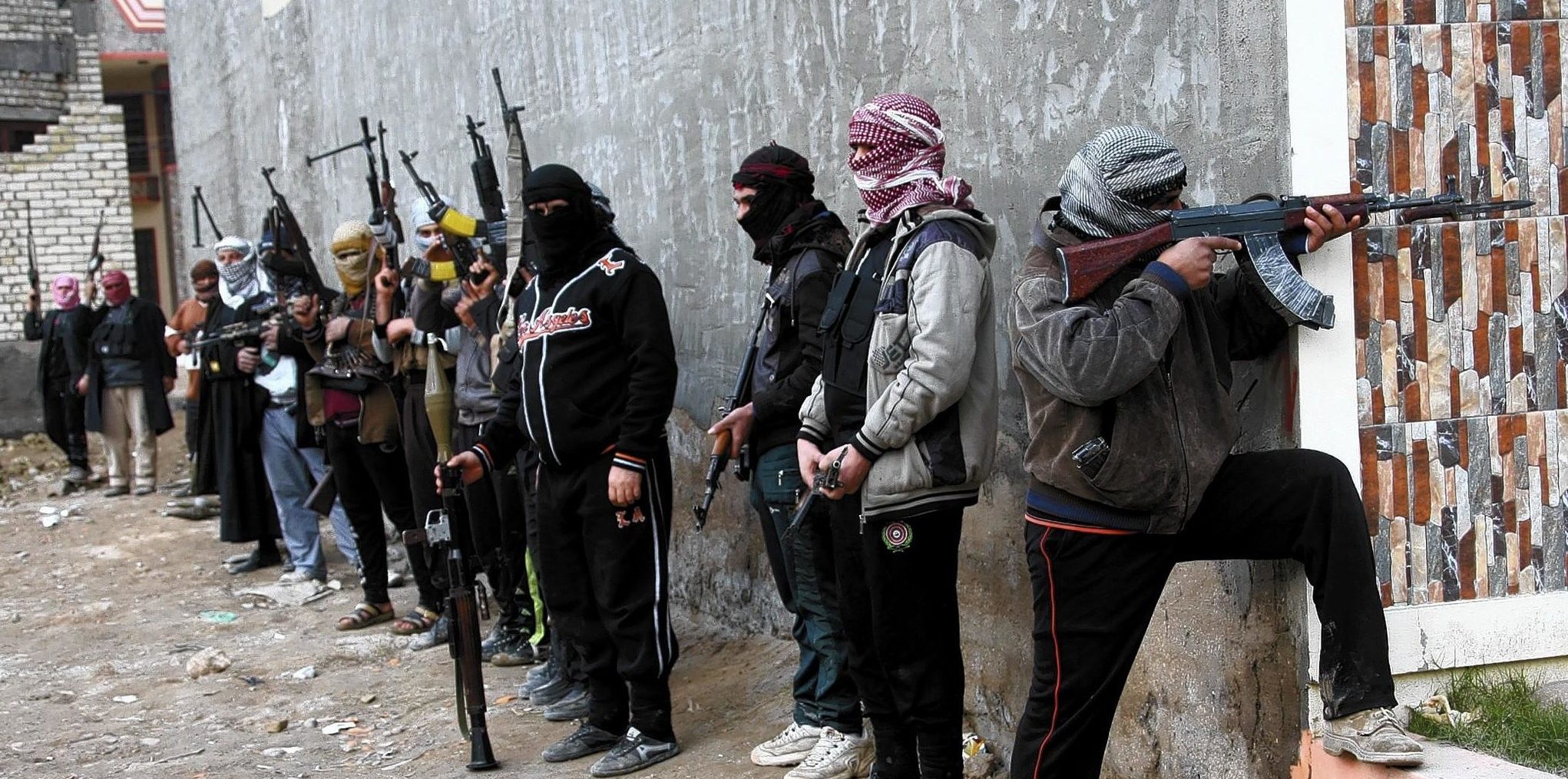MWI Podcast: What Makes Violent Actors Tick? with Dr. Benedetta Berti
MWI sits down with Dr. Benedetta Berti, researcher, author, and TED speaker to discuss the rise of violent non-state actors and how security professionals should understand them.
Read More

